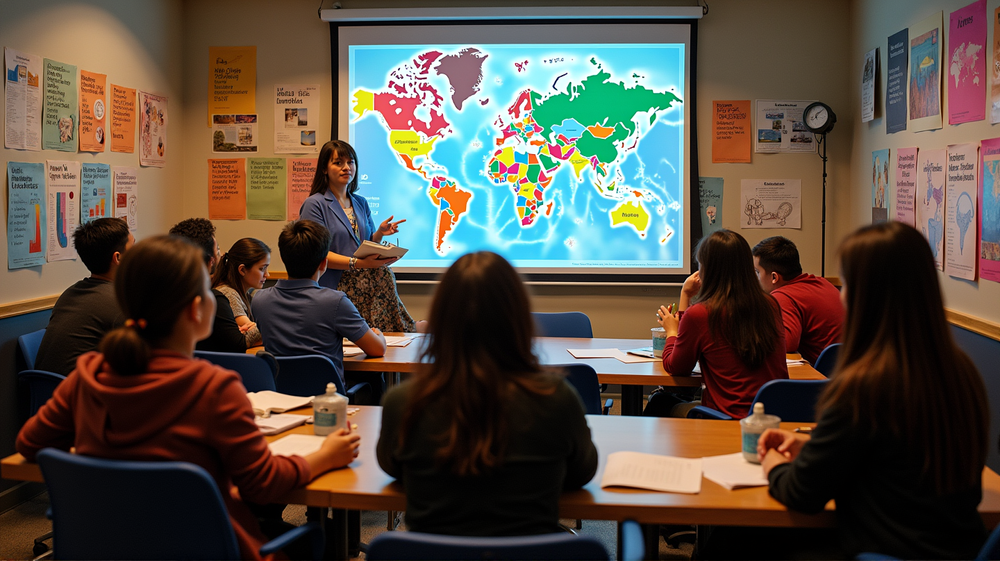In an impressive stride toward global health education, students at Penn State College of Medicine have initiated their first-ever campus-wide global health case competition. This remarkable event, launched by a dedicated group of students from the Global Health Interest Group, has opened a new avenue for public health problem-solving.
Pioneering a New Tradition
This event, organized in partnership with faculty mentor Julie Lentes, was inspired by the renowned Emory Morningside Global Health Case Competition. For many, the contest at Penn State has become an invaluable opportunity to engage with pressing international health issues.
Real-World Learning in a Collegiate Setting
Participating students formed seven teams from various academic programs to tackle the competition topic: “Prenatal care for Latin American migrants in Pennsylvania.” As a fusion of creativity and academic rigor, proposals ranged from pop-up telehealth stations to culturally tailored support groups.
The top honors went to the team behind the innovative program “Compañeras en el Parto,” a doula education initiative aimed at supporting Latin American communities. According to Penn State Health News, this project reflects the caliber of ideas that can emerge from such thoughtful collaboration.
Embracing Global Perspectives
Eva Eleftheriadis, a mastermind behind the event, emphasized the significance of developing a global outlook in future physicians. “Competing in this event allows us to rethink our approach to health care, moving us toward patient-centered solutions,” she expressed, reinforcing how these insights play a crucial role in improving healthcare systems worldwide.
Building for the Future
Lentes applauded the students’ initiative, stating that creating their own challenging case enhanced their preparedness for national competitions. Such endeavors promise to foster a tradition of interdisciplinary teamwork and innovative learning.
With plans in place to make this an annual event, the Penn State College of Medicine continues to push boundaries, enabling a new generation of global health leaders to emerge equipped to tackle the world’s pressing health disparities.
The legacy of the competition isn’t just in its past triumphs but in the promising future it continues to build for the medical community.













